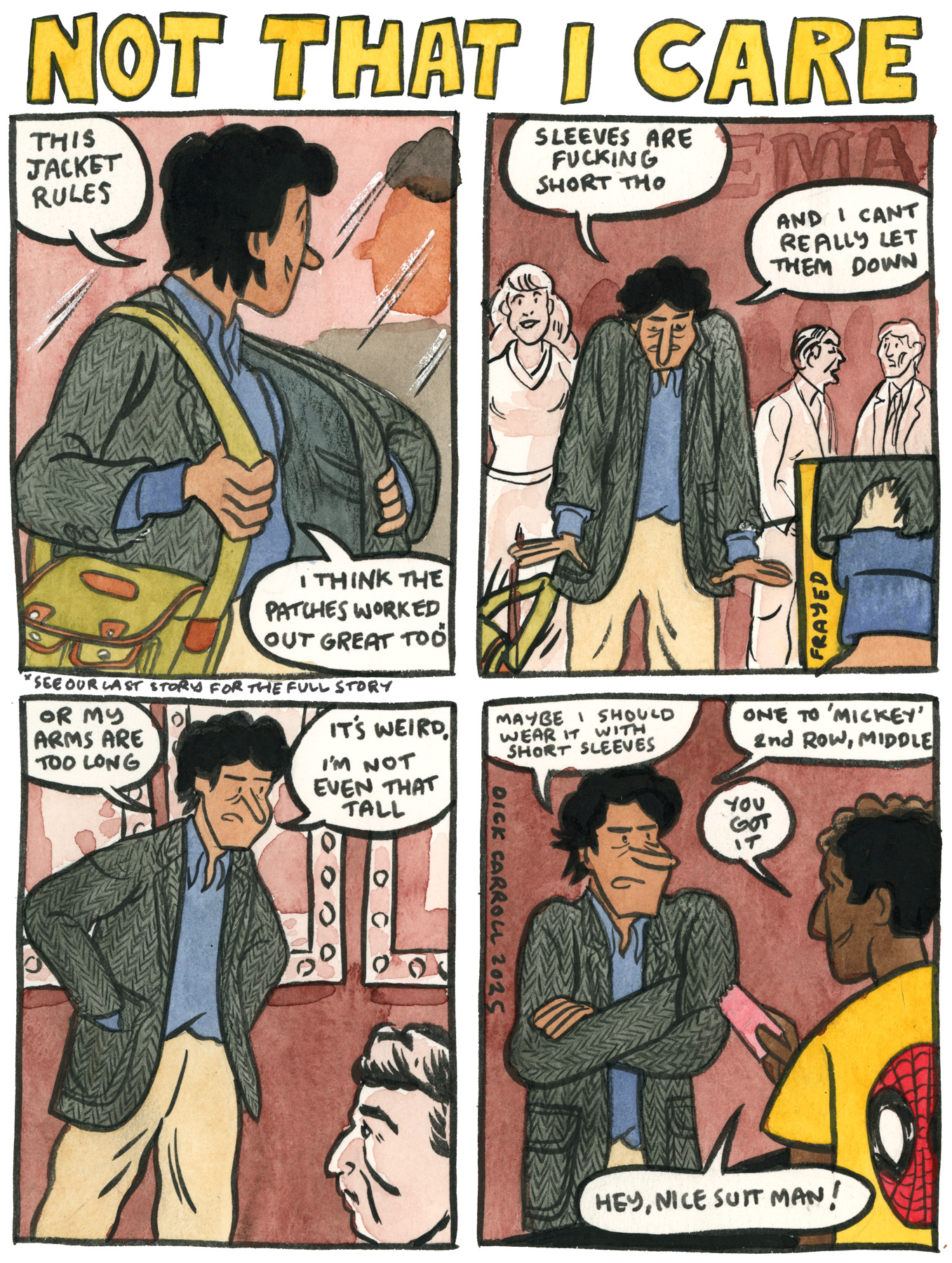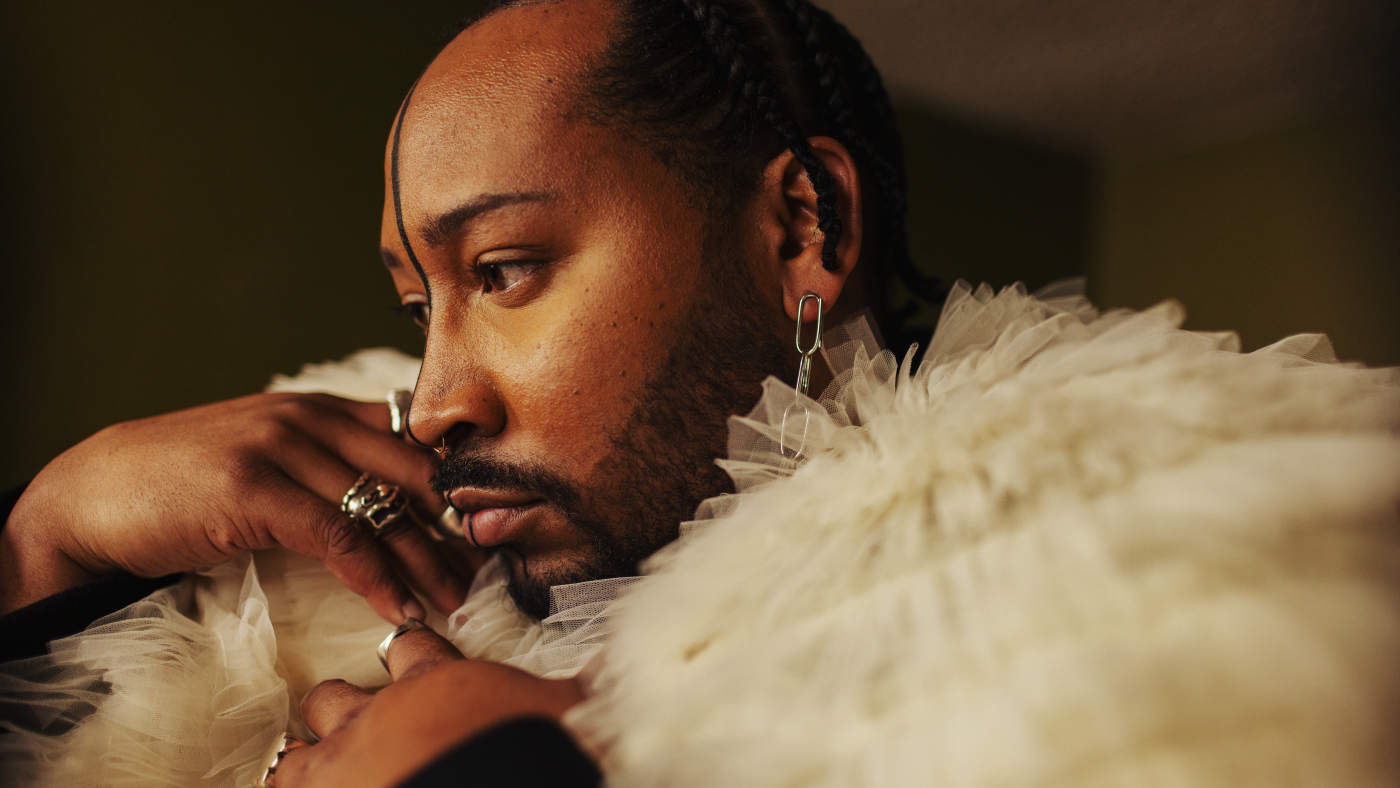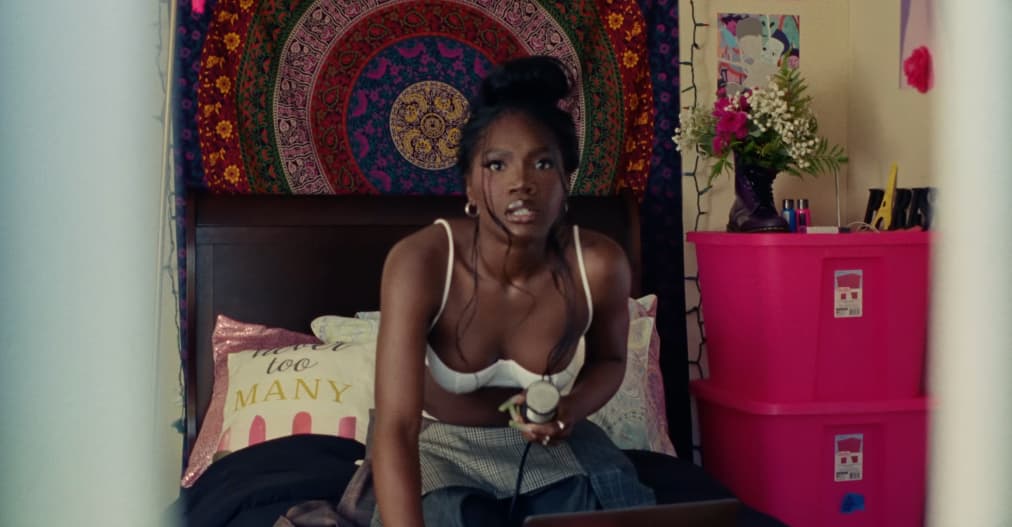Queens of Drama Review: Queer Pop Musical is Perceptive Portrait of Parasocial Fandom
The relationship the queer community has with an ever-expanding and rotating lineup of pop divas goes back decades, even if the current iteration of that relationship in the social media age––via the wars between unhinged stan accounts and, of course, endless posts about flop stars doomed to the “Khia asylum”––feels like an entirely new evolution […] The post Queens of Drama Review: Queer Pop Musical is Perceptive Portrait of Parasocial Fandom first appeared on The Film Stage.


The relationship the queer community has with an ever-expanding and rotating lineup of pop divas goes back decades, even if the current iteration of that relationship in the social media age––via the wars between unhinged stan accounts and, of course, endless posts about flop stars doomed to the “Khia asylum”––feels like an entirely new evolution in parasocial fandom. The decades-spanning pop industry satire Queens of Drama might skip over the present day altogether, spending more time reflecting on the mid-2000s dominance of stars manufactured by the Simon Cowell machine than anything more contemporary, but it feels completely of-the-moment for how it establishes the ways in which cultural backlash has transformed for the digital age. It’s reductive to view this as solely a product of the pearl-clutching right when this toxicity can often originate within the queer community––particularly for openly queer artists, who tend to receive just as much vitriolic scrutiny within the LGBTQ community as they do those wanting to erase them from existence.
This is something Queens Of Drama understands far better than any recent music-industry saga, recounting the career of teen sensation Mimi Madamour (Louiza Aura) from the perspective of a former fan-turned-YouTuber (Bilal Hassani) who became responsible for making her a cultural footnote by turning on her the second she publicly addressed her sexuality. These recollections are set in 2055, the 50th anniversary of her debut single “Pas Touche !”, which his narration still describes as her career peak; that its lyrics establish her as a chaste star in the Disney mold all but ensures a backlash from her outspoken fanbase when she dares making music far more personal. Prior to that song topping charts around the world, the teenage Mimi is a closeted contestant on a TV talent show who falls for punk singer Billie Kohler (Gio Ventura) as they await their auditions. Mimi is picked for the finals, whereas Billie is escorted out by security after being ridiculed for her punk style. Yet the pop idol-to-be remains infatuated by her rejected co-star, particularly enamored with the way her electro-punk songs are unashamedly queer and completely at odds with a pop-culture era that was only just getting comfortable stepping out of the closet.
From there, Queens Of Drama becomes an offbeat riff on the Star Is Born formula, albeit with a lot more songs about fisting. As Mimi rises to the top, her secret relationship is sacrificed and the tunes the pair developed––including the aforementioned one about being “fisted through the heart”––are forced to be locked away to not tarnish Mimi’s image. A decade later, and Mimi is now the talent show judge, watching a younger generation of artists say they’re inspired by her. Meanwhile, Billie’s proto-Dorian Electra brand of queer electro-punk has finally found a mainstream audience. This threatens Mimi’s public image, as many of her songs are inspired by their relationship.
Writer-director Alexis Langlois has said the film was directly informed by the breakdown of one of his own relationships, and that even though he was similarly obsessed with the pop culture he’s riffing on, it was the trajectory of the central romance doomed by class differences and career envy that was his starting point. Music was only utilized as a way of obfuscating anything which felt directly autobiographical, but it never once came across as a director using a highly stylized facade in order to avoid confronting their own demons. In fact, by channeling the pop culture that had such a formative impact to examine the fallout of a painful relationship, I’d argue Queens of Drama does for the wave of manufactured bubblegum pop of the 2000s what The People’s Joker did for comic book movies.
Never is the music the butt of the joke, no matter how silly or sexually risque the lyrics get, and while Queens of Drama does sharpen its knives for the influencers who made pop fandoms toxic, it’s a story clearly told from a perspective embedded within those same groups. It’s no secret that Britney Spears is one of the main artists whose influence can be found on the character of Mimi, though this is apparent long before the media’s invasion of her personal life leads her to shave her head and her army of fans make teary-eyed YouTube videos demanding they leave her alone. For many millennials, this was one the earliest, most brutal celebrity character assassinations we’ve witnessed play out in the tabloids, and it’s hard to dramatize a similar arc no matter how many distinguishing factors––in this case, the reveal of her sexuality––that doesn’t at least nod to a prolonged downfall.
The only difference is that, from the opening scene onwards, we’re clued into the fact that Mimi’s star does wane completely thanks to the intervention of fans angry at her adult change in musical direction––coincidentally the moment she was allowed to be herself in the spotlight. One particularly charged car-crash interview sequence reminds us that, at some point in the 2010s, any celebrity news outlets that wanted to out celebrities changed their tactics, no longer seeing any value in homophobic scandal-bait, to instead demand that these public figures were hypocrites for keeping important parts of their identities a secret––especially when they have such vocally queer fandoms. We may be another era removed from this, but it still serves as an important reminder why many stars remain reluctant to come out: the fear that this fate awaits them likely remains pervasive.
Queens of Drama at least reverts from the Star Is Born formula to show that a happy ending remains possible, especially if it means backing away from the public eye altogether. It’s hard not to view the epilogue as an earnest tribute to the stars who slowly vanished, with Langlois literalizing the idea of a “Khia Asylum”––the fandom joke about a fake institution every pop star is committed to once they begin flopping––as something genuinely euphoric. If fans can turn on you from one single, wouldn’t you rather disappear and be happy?
As an earnest lover of this era of pop, Queens of Drama was always going to be catnip for me, but it never coasts on nostalgia. The film might not be set within the current moment, but Langlois always remains attuned to it, with his story about parasocial fandoms and the pressure they put on artists effortlessly transcending its period setting. You’ll have the songs stuck in your head for weeks, too.
Queens of Drama opens in theaters on Friday, April 18.
The post Queens of Drama Review: Queer Pop Musical is Perceptive Portrait of Parasocial Fandom first appeared on The Film Stage.






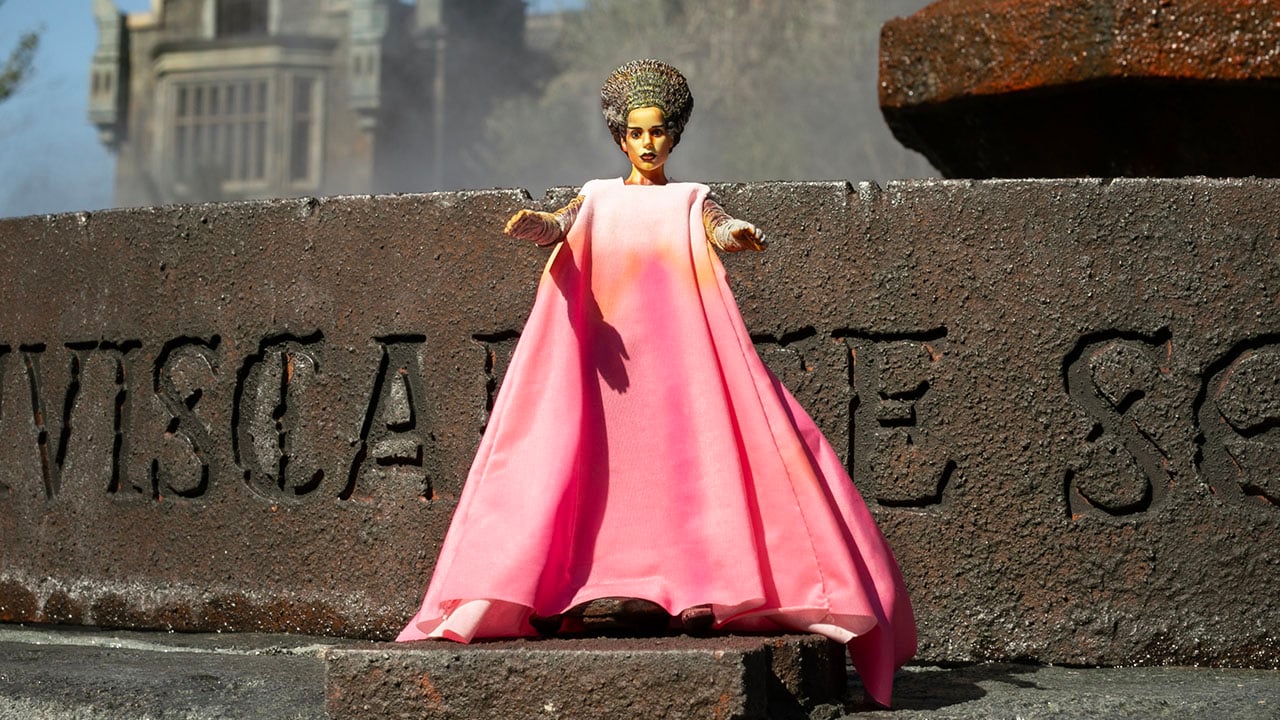













































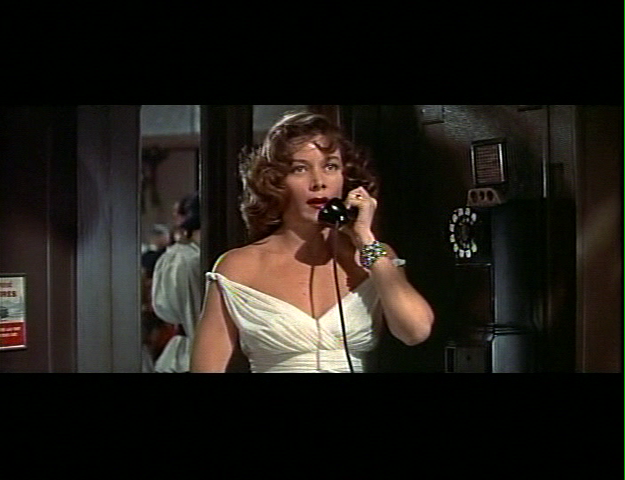
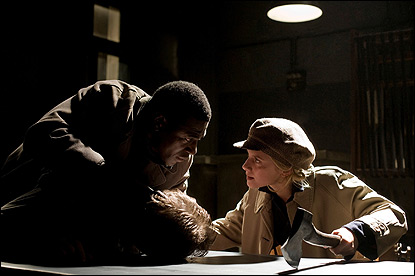




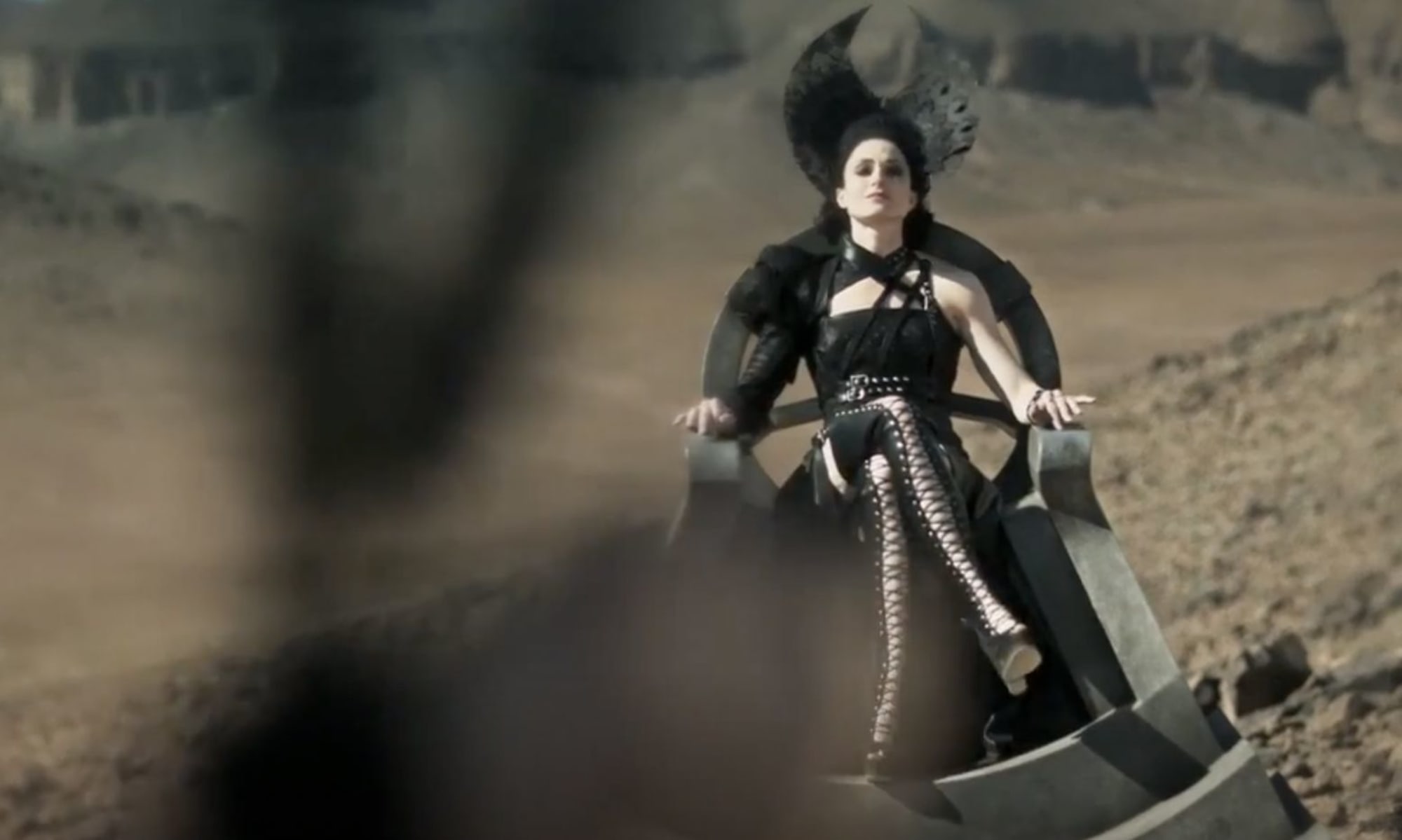






















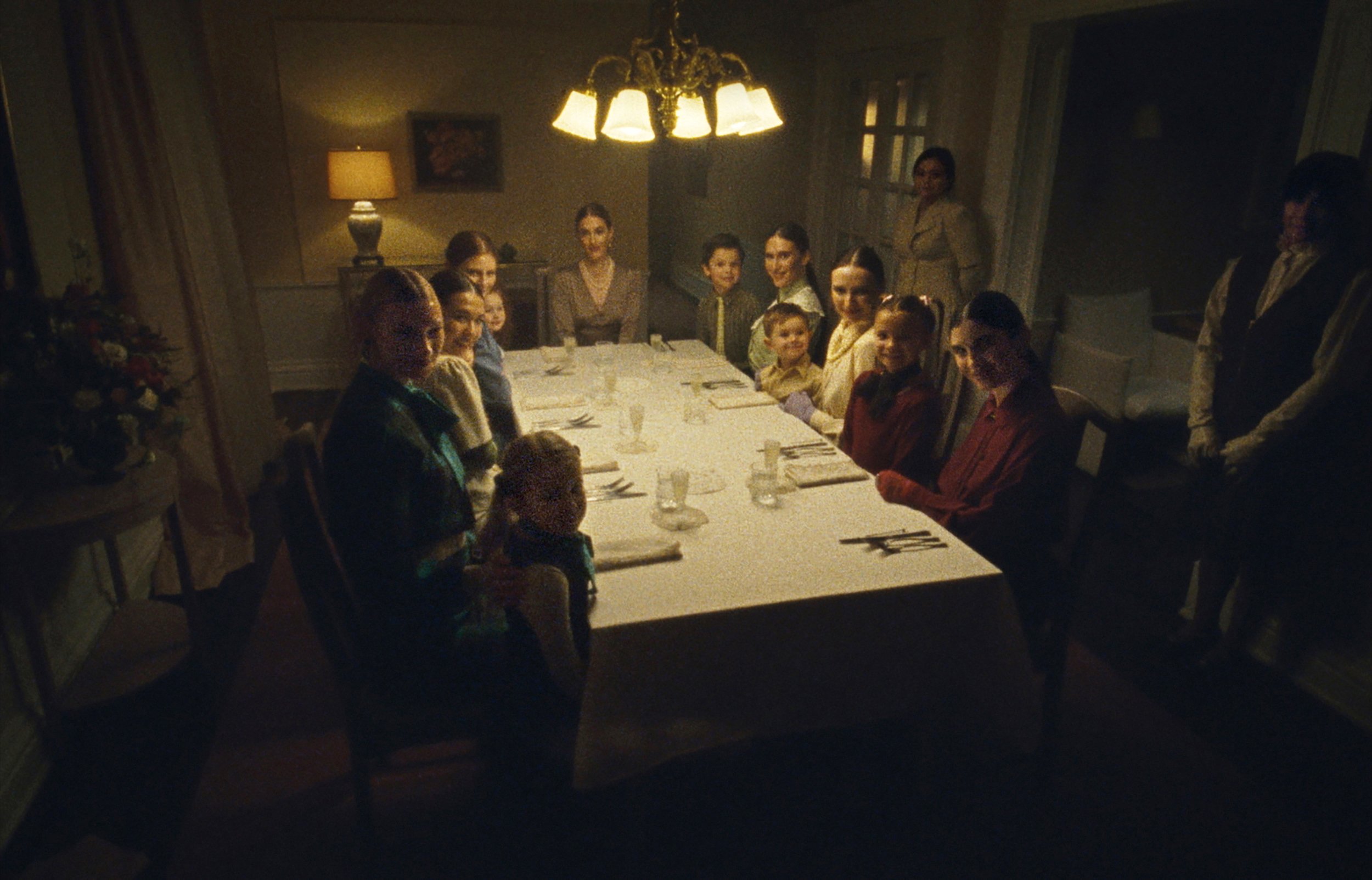


![You'll Probably Never Guess What Live Musical Performance Blew This Sinners Star Away [Exclusive]](https://www.slashfilm.com/img/gallery/youll-probably-never-guess-what-live-musical-performance-left-a-mark-on-this-sinners-star/l-intro-1745021921.jpg?#)













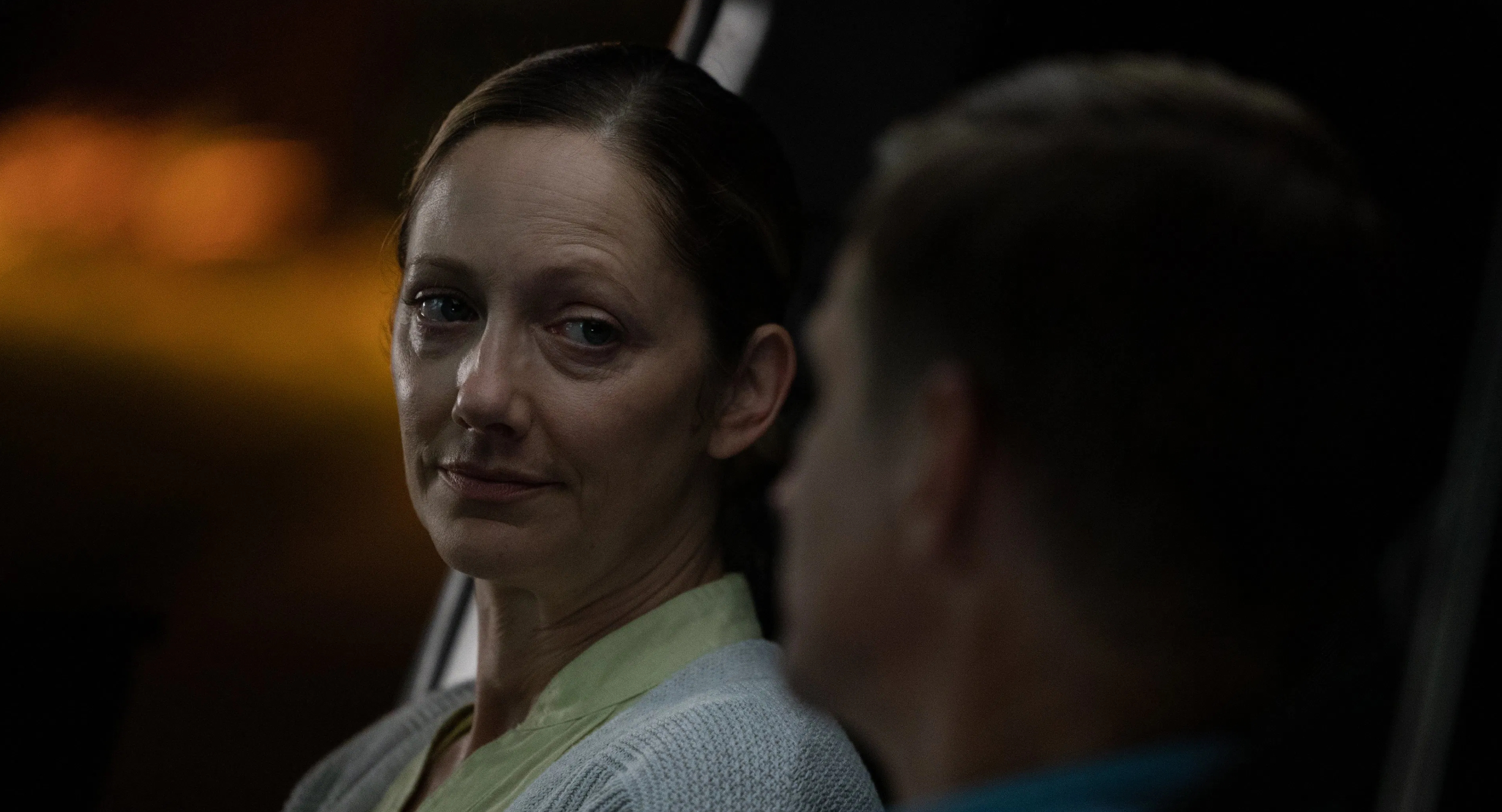






















































































































![It’s Unfair to Pay 100% for 50% of a Seat—Why Airlines Must Start Refunding Customers When They Fail To Deliver [Roundup]](https://viewfromthewing.com/wp-content/uploads/2025/04/broken-american-airlines-seat.jpeg?#)















































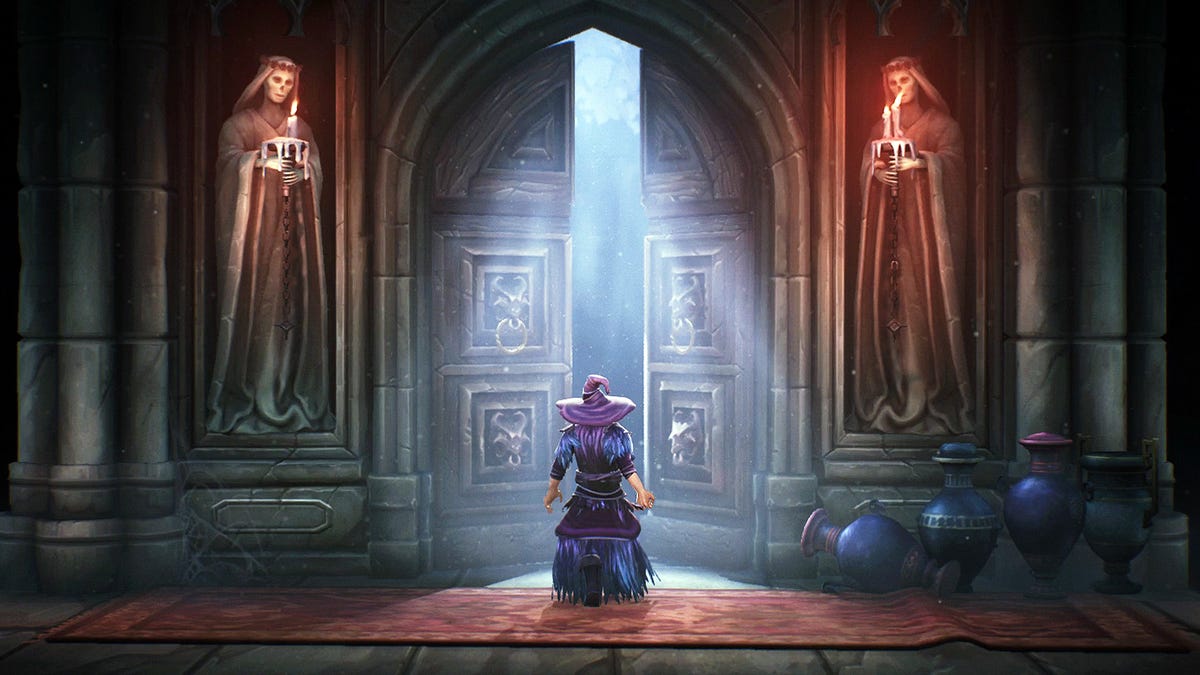




































































































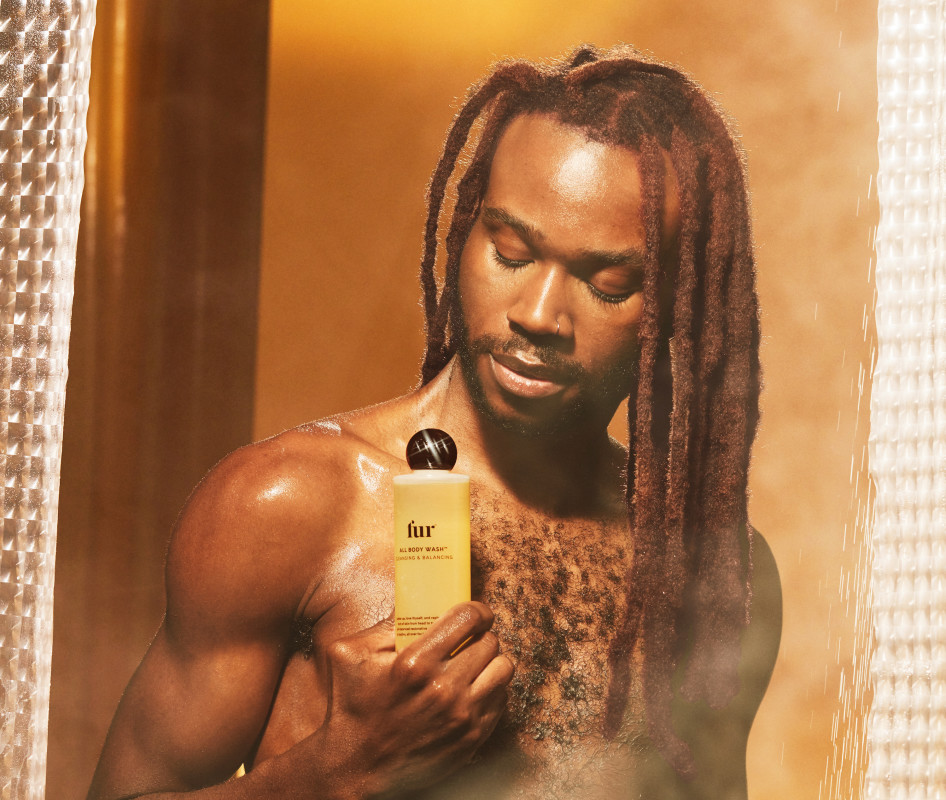
















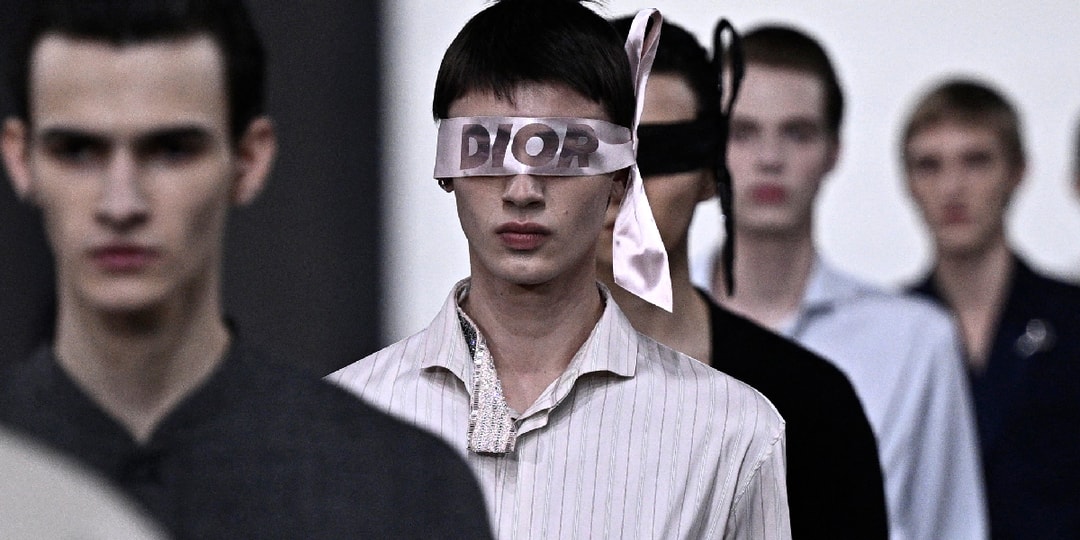

![[Podcast] Unlocking Innovation: How Play & Creativity Drive Success with Melissa Dinwiddie](https://justcreative.com/wp-content/uploads/2025/04/melissa-dinwiddie-youtube.png)













